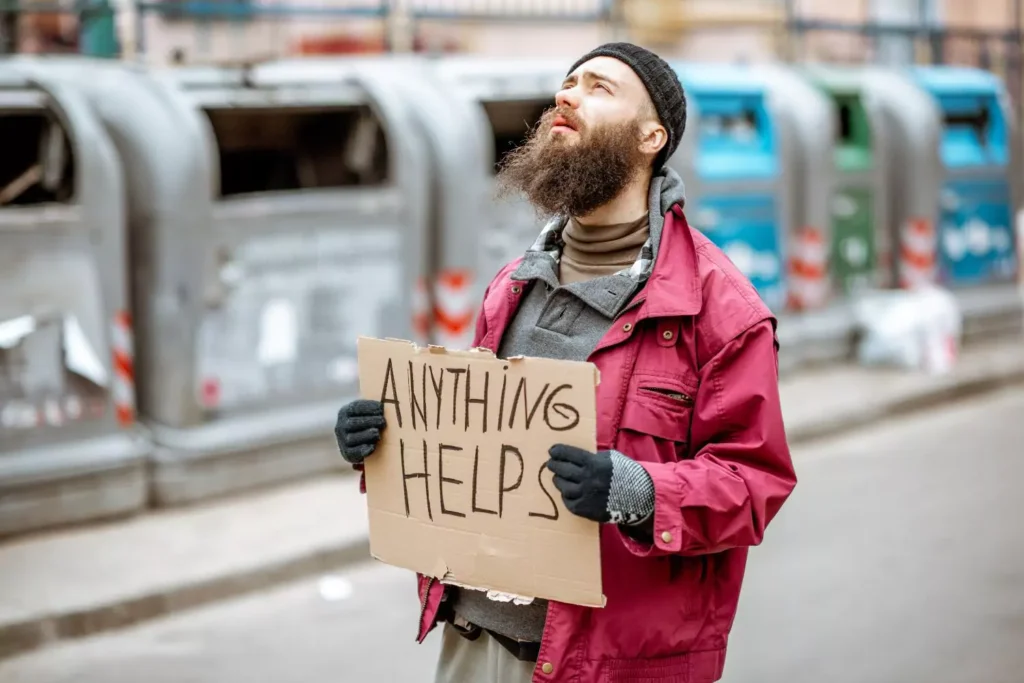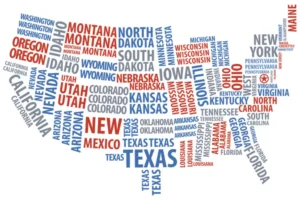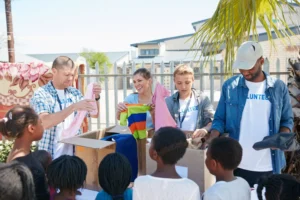“We are all beggars.”
Those were Martin Luther’s last words right before he died.
I’m not entirely sure what Luther meant by that, as he never actually got a chance to explain himself. But I get the sense that he wanted all of us to remember that equally, we’re all nothing without the Lord.
And, yeah, sure, we all know that. We know the Lord loves us all, and He is our strength, and so on and so forth. You’ve heard it a thousand times. But what would it look like to actually live that way? What would it look like to carry Luther’s last words with us every single day?
Practically, maybe for some that means giving food to those in need. For others, maybe it’s donating time to a homeless shelter. But more than anything else, I think it’s a mindset.
It’s a foundational truth that anyone who claims to know Christ should sing as an anthem — because it’s what Jesus was all about.
If we believe that all we have, all we think, and all we do is essentially out of the Lord’s grace and mercy — aren’t we beggars anyways? Aren’t we relying on God for every breath we take?
I’m not about to delve into a debate on what to do when you walk past someone who is homeless on the street. Because, honestly, whether you give money or not, that’s not the point. Because there’s something deeper.
It’s a mentality of equality.
Jesus tells us to love our enemies and pray for people who persecute us (Matthew 5:44). He says not to tell everybody when we do something great (Matthew 6:1-2) and not to worry about what you will eat or drink (Matthew 6:25). Jesus valued small, faithful gestures and prayers over loud, eloquent ones (Matthew 6:5-8).
Jesus illustrated an upside-down ideology — doing what doesn’t make sense, doing what isn’t easy, asking the hard questions and putting hands and feet on the words love and respect.
When I think of Luther’s last words, I’m reminded of my big brother, who’s often homeless, a beggar.
He struggles with addiction. In May, I was able to reconnect with him, after being apart for many years. When my husband and I were eating lunch with him, he said something that really stuck with me: “Talking with you guys has been the first normal conversation I’ve had in a really long time.”
Yes, seeing my big brother living on the streets and battling addiction was excruciating. But I didn’t want to show pity on him and try to “save” him.
It would have been easy for me to put on a savior complex, say a shallow prayer with him, give him a meal and a few bucks and go on my way, all while patting myself on the back because of my “Christlikeness.”
But I didn’t do that, and neither did my husband, Mike. We talked to my brother. We listened to him. We talked about social issues, politics, international relations, literature, religion and family. We asked him questions and gave him room to respond.
Please understand, I’m not writing this for people to pity my brother or applaud my husband and me for showing respect to my brother.
I’m sharing this because I need to be reminded that my brother and I, we’re not too different.
Every breath we both take is a reminder of our mortality. Every inhale and exhale is by the grace of God. Whether my brother recognizes that isn’t the point. Rather, it’s about whether or not I understand that, and what I do with it.
Copyright 2018 Dani Fitzgerald Brown. All rights reserved.











